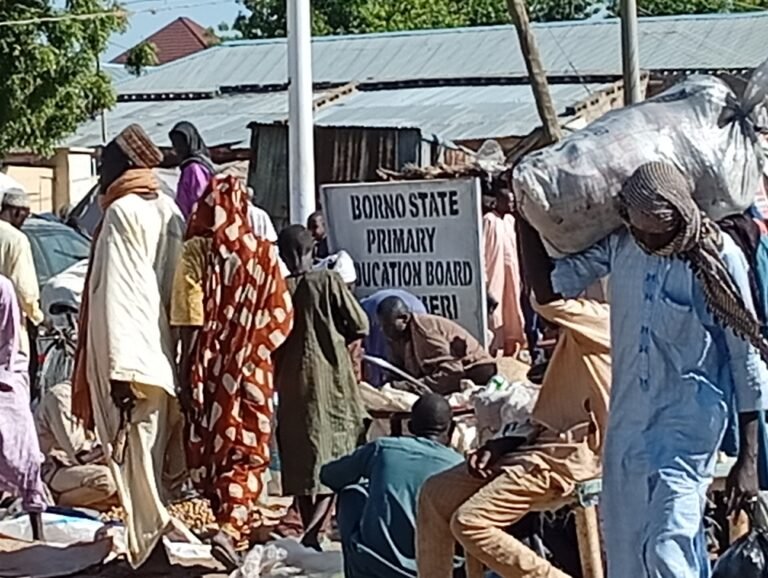
LAGOS, Nigeria – Financial experts are calling for urgent nationwide credit-system reforms, warning that Nigeria cannot achieve its $1 trillion economy target by 2030 without restructuring how credit is regulated, accessed and enforced.
Speaking at the 2025 Nigeria Credit Managers Conference and Industry Awards in Lagos on Wednesday, Registrar/CEO of the National Institute of Credit Administration (NICA), Professor Chris Onalo, says a modern economy cannot thrive without a strong credit framework. “A well-structured credit system is the backbone of any modern economy,” he tells Africa Health Report.
Onalo highlights persistent obstacles such as weak enforcement of loan obligations, low formal credit participation and extremely limited credit data. He notes that nearly 90 per cent of Nigerian adults still depend on informal lenders, undermining economic stability.
Economist Dr Biodun Adedipe criticises the Central Bank of Nigeria’s regulatory approach, describing it as “a one-size-fits-all regulation” that restricts lending. He argues that while the CBN raised loan-to-deposit ratios to stimulate credit growth, it simultaneously imposes liquidity and reserve requirements that push banks away from lending. Adedipe urges regulators to deepen the formal credit market to drive inclusive growth.
Speakers call for stronger institutional collaboration, with Onalo stressing that credit rules must reflect the different realities faced by commercial banks, microfinance banks and mortgage lenders. “We need regulations that recognise institutional differences, so credit is not stifled,” he says.
Lagos Governor Babajide Sanwo-Olu, represented by Alake Sanusi, praises NICA’s contribution to credit literacy. “A functional and well-regulated credit system is essential for supporting MSMEs and driving sustainable growth,” he says.
Minister of State for Finance Dr Doris Uzoka-Anite warns that rising credit risks demand coordinated reforms involving regulators, banks, policymakers and technology partners.




